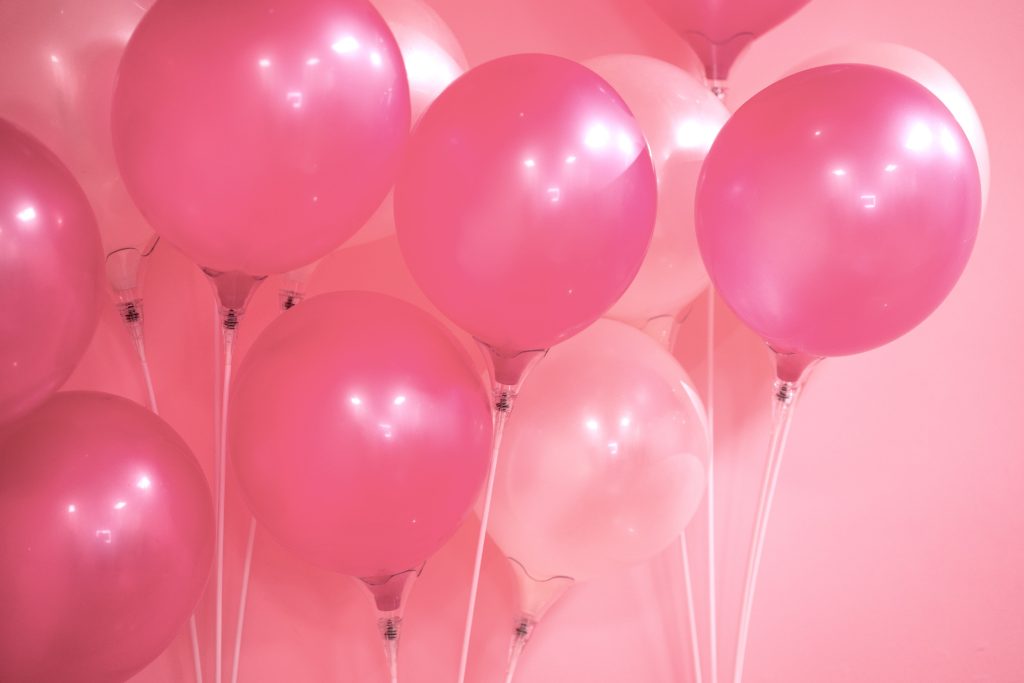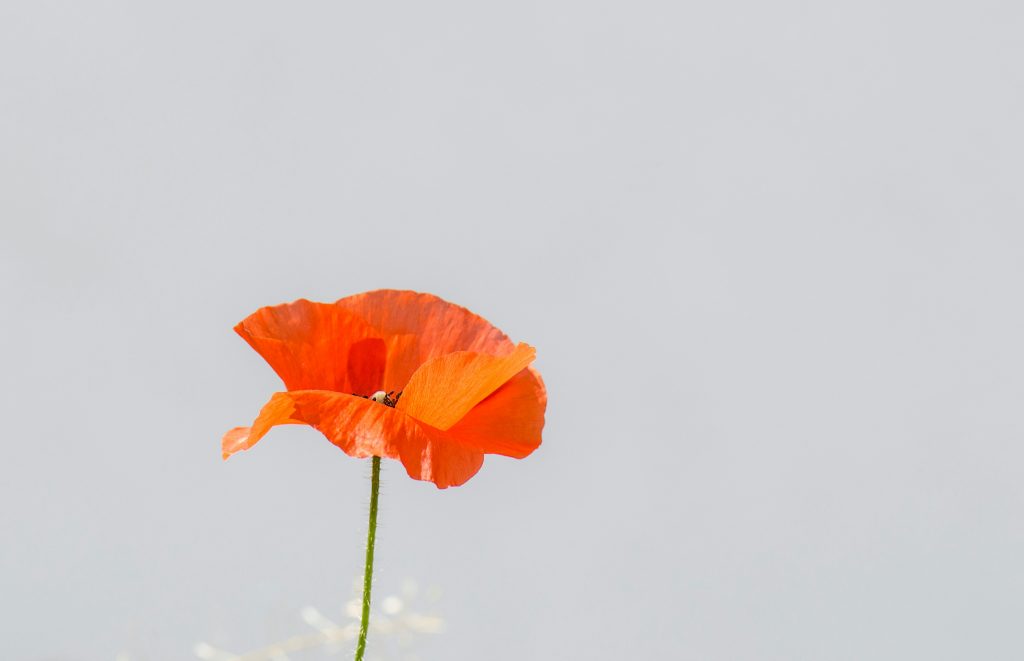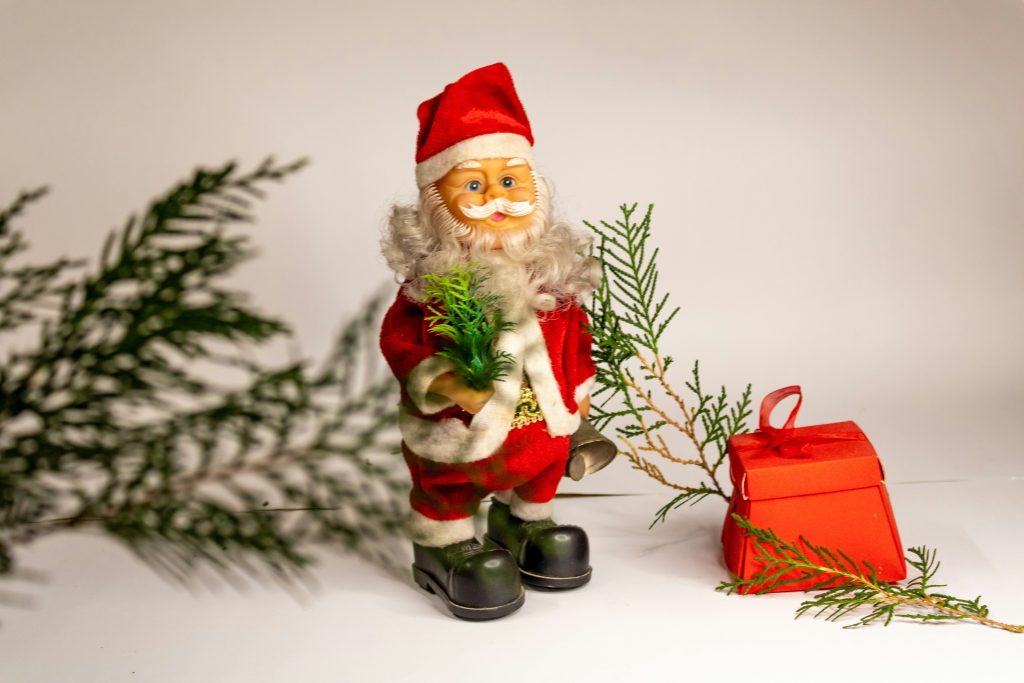With over 4400 successful campaigns and a total of 27 million in gathered donations voordekunst.nl is the most successful crowdfunding platform for art and culture in the Netherlands. Recently a new managing director has been appointed. Her name is Kristel Casander.
Kristel has been involved in the organisation for some time. First as an intern, then as a relationship manager and now as managing director.
During the conversation Kristel apologises now and then when she feels like she’s preaching. But it’s instantly clear that this inspired woman knows what she is talking about.
Congratulations on your new job! Looking at your resume it seems as if this job was what you’ve been working towards the whole time. What’s it like to be managing director of an organisation you’ve been involved with for so long?
I had to think about it, because it was never my intention to become managing director. I do believe in what we are doing here and that is why I always stayed involved with voordekunst in every possible way over all the years. And then the moment came and Roy Cremers (former managing director, ed) left and they asked me. I immediately felt I still wasn’t done with voordekunst. So eventually it felt naturel to stay on as managing director.
Can you describe the way voordekunst has developed from your perspective?
Voordekunst was founded during the government cutbacks on culture. Crowdfunding was the way to go and seemed like the big solution. So when I joined there was more urgency and more interest in crowdfunding. We really built a kind of machine around it, because we had to operate for the whole sector to keep the platform going. And now we’re ready to say: ‘The machine is here. It’s time to optimise.’
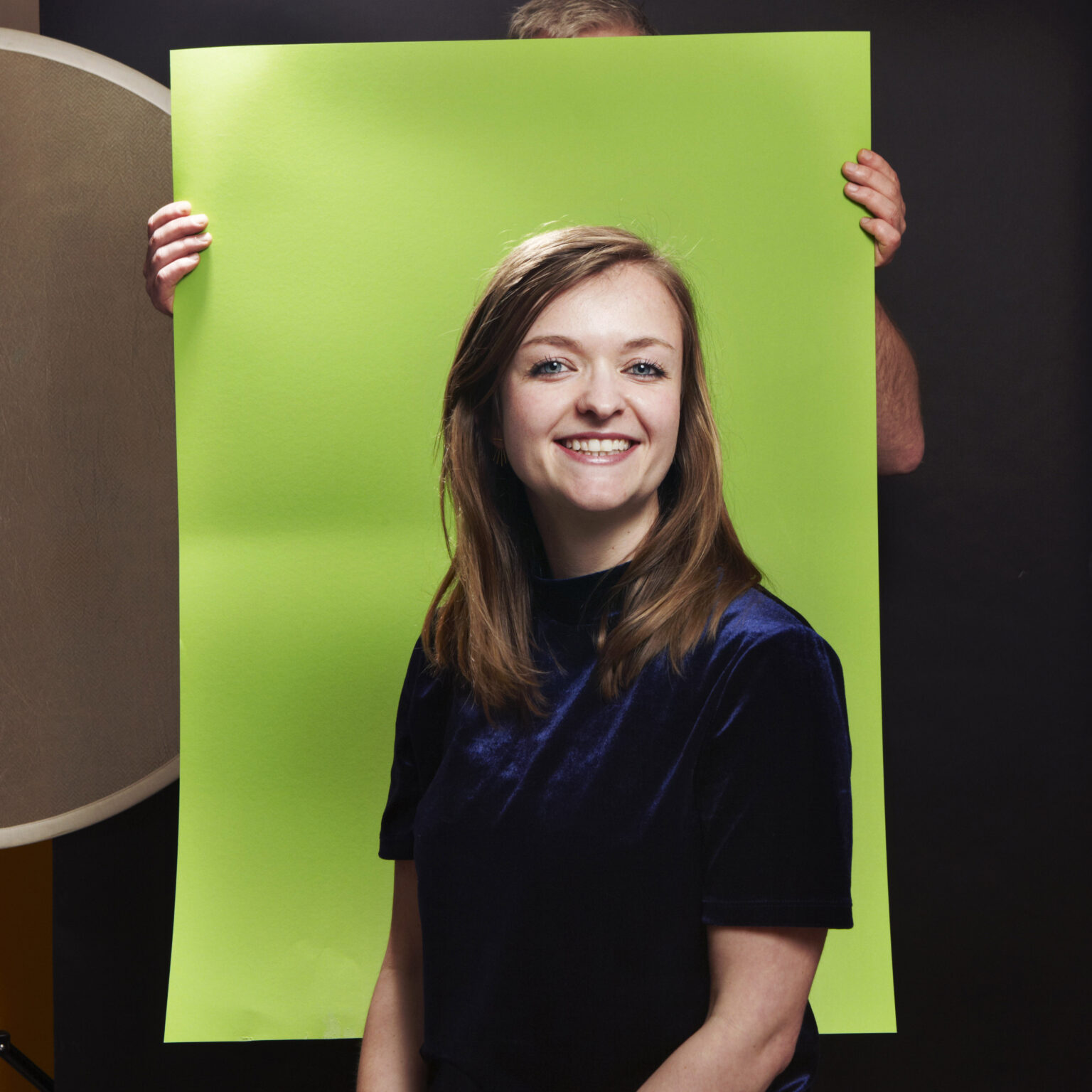
Is that your strength? Being the machine that’s in service of the artists and the public? Is that why your platform works so well?
I think the strength of our platform is our ability to see if a proposal is able to translate to an audience. Can we build a campaign around it? We look at it in a different way than they do in ‘the world of grants’. With grants, commissions make a selection based on the work that’s proposed. Our strength is that we feel involved. We really help build each campaign.
Which campaigns were extremely successful or which ones will stick with you?
I’m very proud of a campaign from 2015 for atelier NL, a design duo (Nadine Sterk and Lonny van Ryswyck, winner of the designer of the year van Dezeen Award in 2018, ed.). Their studio is located in an old church in a residential area in Eindhoven. They called us and asked for help. They were going to be evicted and needed an extremely high sum of money in order to stay. We set up a mega campaign in no time with an auction of wonderful ceramic pieces from their storage and we raised almost 80.000 euro. It’s so cool and they are still able to work from the location to this day.
You work with a lot of prominent Dutch funds and donors. What is your role woth the funds?
We collaborate in match funding with municipalities, provinces and private funds. This means that one of these parties makes a donation to a campaign, if this fits the conditions of the partner. So let’s say you start a crowdfunding campaign with us. Then we will apply at for instance the province for 30% of the target amount. They have to let us know within five days whether or not they participate. And that’s also a difference from applying for a grant; that usually takes a lot more time. A good thing for the grant provider is: you will only get the money when you reach 100% of your target amount. In that way the province can also easily account for the grant.
Is there less of a giving culture in the Netherlands then in other countries, in your opinion?
There is a different giving culture here than in the US for instance. Absolutely. But we do give a lot. Just think about all the charities we have. We like to give, but preferably to what’s close to us. So we’re locally orientated and we want to know what we’re donating to. And you can see now, we’re in the middle of a crisis but voordekunst had its best month ever in June. This proves the audience takes ownership when there is a lack of support by the government.
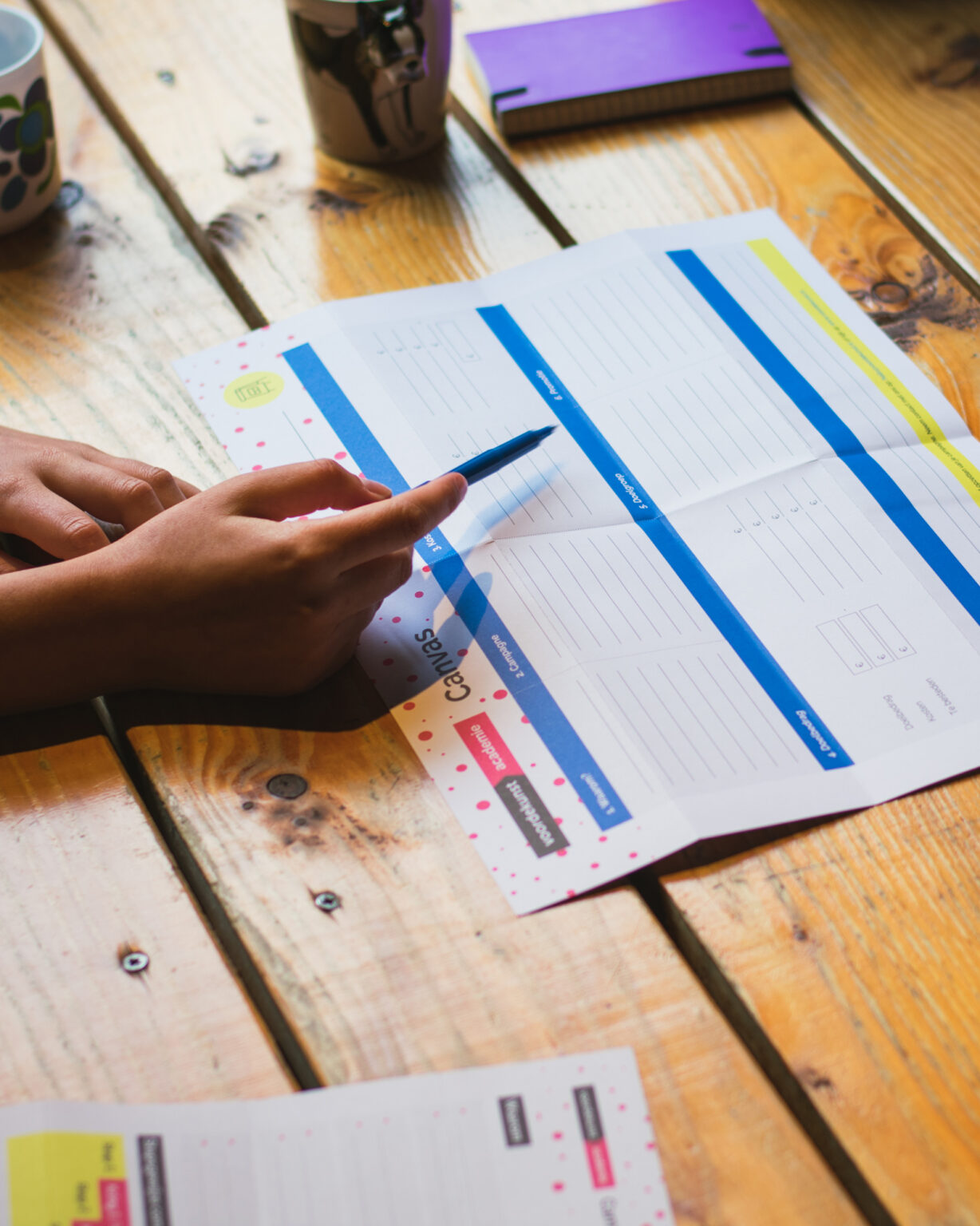
It seems to me that for a long time the Dutch found it difficult to ask for money. Can you explain why this feeling is unfounded? Does it have something to do with our calvinist nature?
The Dutch indeed have to cross some sort of mental boundary. We hear this a lot from people. With voordekunst we found a way. As long as you can explain clearly what your raising money for and as long as you comply with the expectations and communication to your donors, then it works. In that case it’s no different than buying a ticket to the theatre. It’s mostly the creators and institutes that fear asking for help. The donors don’t feel that awkwardness. It’s funny that we attribute money a lot of weight, but making a transaction is actually the easiest way to help someone.
June was the best month ever for you. What other insights did you get from the past time of crisis. Something that might be of use for institutes and artists?
Don’t underestimate the power of online. And know that it can be a business model. Go with the flow. Don’t wait for the government or the grant system to do something. They are the ones that might move the slowest right now.
We ourselves made a fast switch to action campaigns. Campaigns without a running time and without a target amount. So you could collect everything at once. That was against a couple of our principles, but it was necessary at that time to push cash into the industry. Also know that there will be a period after this. Think about what you’re doing. And keep looking ahead as well.
Where is the cultural landscape of the Netherlands headed in your opinion? What are the challenges and what are the chances? And are you able to see what influence the pandemic has on it?
It’s clear that the industry is not resilient. It already wasn’t before the crisis, but now it has been exposed. Not everyone in the cultural industry will be able to survive. Especially now there’s a second wave. The grant systems can’t save everything. They’re out of money. It goes to show just how stuck the current system actually is and that we will have to think of new solutions.
What are your goals for voordekunst for the next five years?
Relationship management will be essential. We had a lot of ad hoc campaigns in the past and the feedback we got from donors was that they were disappointed not to here about the project afterwards. So we want to invest in the phase after donating. And then there’s match funding. That will be a priority for the next five years and it’s something we really believe in. I think it’s important because it’s a new way of looking at grants. You can tell your donors: ‘Look, the province is also behind this project’, and that creates an interaction between private and public money. They enhance each other and it gives people trust. That’s what we need right now.
Website: voordekunst.nl
Instagram: voordekunst
Featured image door Paulina Matusiak & Eddy Wenting voor Plein Theater
Steun het Plein Theater via voordekunst!
